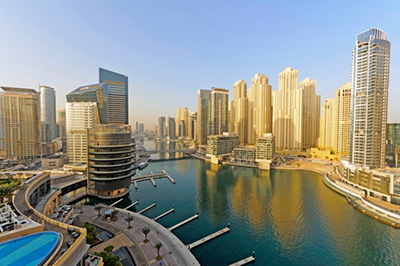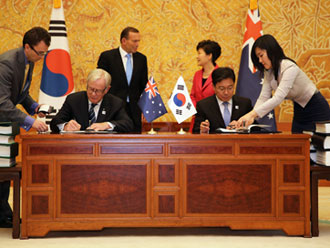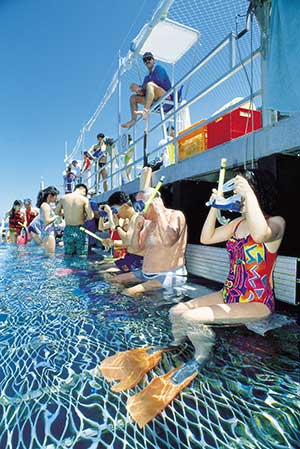THE International Chamber of Commerce (ICC) has launched its program of ‘expert rules’ to help resolve international cross-border commercial disputes.
Known as the ICC Expert Rules, the first of three showcase events to demonstrate the system took place in Dubai on January 14. Dubai was selected for the launch as it is one of the world’s major business dispute resolution hubs. 
Entering into force on February 1, the 2015 ICC Rules set out new parameters for ICC expert services, clarifying how parties can use experts and neutrals to help resolve their cross-border disputes at each step of the way. They will be administered by the ICC International Centre for ADR and will be made available in English, Spanish and French.
The panel of international speakers taking part in the launch event included Ali Al Aidarous International Legal Practice (UAE), managing attorney Ali Aidarous; KPMG Risk Consulting in Europe, Middle East, Africa and South Asia (EMA) head and partner Pablo Bernad, who is also a member of the Standing Committee for Expertise of the ICC International Centre for ADR; Fenwick Elliott (UK) partner Nicholas Gould; and Advokatfirman Runeland AB’s Aisha Nadar.
“Being a litigator and an international arbitrator, I may safely state that services related to ICC expertise are extremely useful tools for arbitration in the MENA region where there are no, or little, regulations in this regard,” Mr Aidarous said.
“ICC can definitely fill this gap by proposing and appointing an expert, as well as administering the expert proceedings at an international standard.”
Mr Aidarous said launching this new set of rules in the MENA region underlined ICC’s commitment to its international work. Over the last decade, ICC saw the number of cases involving parties from the MENA region increase.
Drawing on ICC’s 40-year experience in cross-border dispute resolution, and with specialist input from its membership in over 90 countries, the ICC Commission on Arbitration and ADR will replace the current ICC Rules for Expertise with three new sets of rules.
Each covers a distinct area of ICC’s dispute resolution services: the Proposal of Experts and Neutrals, the Appointment of Experts and Neutrals, and the Administration of Expertise Proceedings.
Hannah Tumpel, senior counsel and manager of the ICC International Centre for ADR said, “As all other sets of dispute resolution rules, the Expert Rules are specifically tailored to the needs and interest of international disputes.”
Ms Tumpel said the launch event program underscored how the new rules could leverage ICC’s unique international network when parties need support in identifying leading experts for arbitration and court proceedings. The event examined when and how to involve experts in international arbitration proceedings and provided examples of expert proceedings administered by ICC.
The rules also explicitly mention suitable neutrals such as mediators, conciliators or dispute board members.
The services provided by the ICC International Centre for ADR under these three revised sets of rules form an integral part of ICC’s suite of dispute resolution services, supporting businesses in sectors as varied as finance, construction, energy, telecommunication and transport among others. The new rules provide different ways to access the services of the right expert or neutral and can be used independently or in conjunction with other procedures such as ICC Arbitration.
Further launch events take place in London on January 21 and in New York on January 27.
Mr Aidarous said gathering some of the world's most renowned dispute resolution professionals, the events benefit anyone wanting to learn about ICC expert services, from corporate counsel and company managers, to arbitrators, mediators, dispute resolution specialists, lawyers and judges.
The January 14 launch in Dubai was supported by Baker and MacKenzie, Habib Al Mulla, Al Tamimi & Co in Dubai, Al Al Aidarous and KPMG.
www.iccwbo.org
ends


 How to resolve AdBlock issue?
How to resolve AdBlock issue? 




